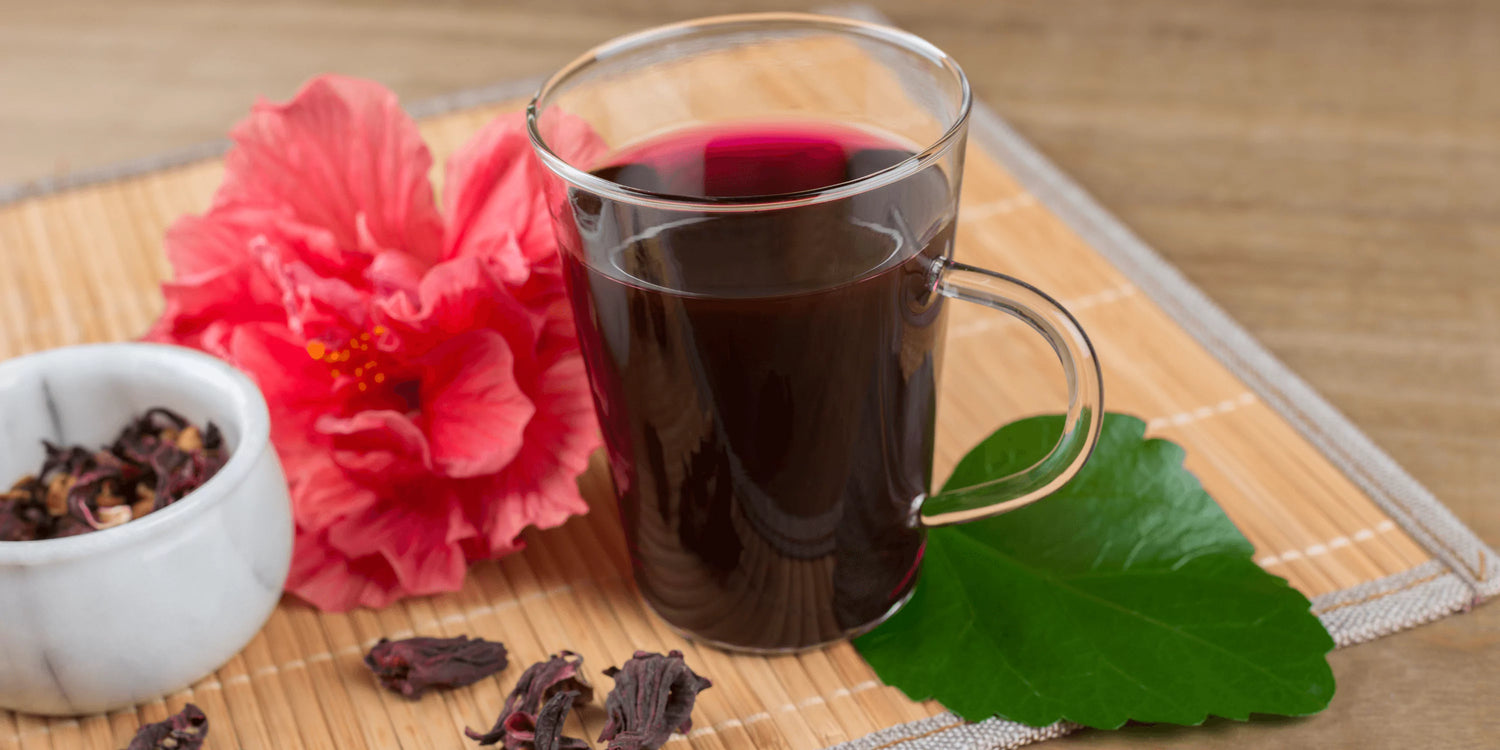Pregnancy is a time when women are extra cautious about what they consume. They want to ensure that they are providing the best nutrition for their growing baby while also avoiding anything that could potentially harm them. One of the common questions that arise during pregnancy is whether hibiscus tea is safe to consume. In this article, we will explore why hibiscus tea is bad during pregnancy and what precautions should be taken.
What is Hibiscus Tea?
Hibiscus tea is a herbal tea made from the dried petals of the hibiscus flower. It is known for its tart and tangy flavor and is often consumed as a refreshing beverage. It is also believed to have various health benefits, including lowering blood pressure and aiding in weight loss.
Nutritional Value of Hibiscus Tea
Hibiscus tea is rich in antioxidants, vitamin C, and minerals such as iron, calcium, and magnesium. It also contains flavonoids, which have anti-inflammatory properties. However, the nutritional value of hibiscus tea may vary depending on the brewing method and the amount consumed.
Why is Hibiscus Tea Bad During Pregnancy?
While hibiscus tea may have numerous health benefits, it is not recommended for consumption during pregnancy. Here are some reasons why:
Potential Risk of Miscarriage
Hibiscus tea is known to have emmenagogue properties, which means it can stimulate menstruation. This can be dangerous during pregnancy as it can lead to uterine contractions and potentially cause a miscarriage. Therefore, it is advised to avoid hibiscus tea during the first and second trimesters of pregnancy.
Interference with Hormonal Balance
Hibiscus tea contains phytoestrogens, which are plant-based compounds that mimic the effects of estrogen in the body. During pregnancy, hormonal balance is crucial, and any interference can lead to complications. Consuming hibiscus tea can disrupt this balance and cause adverse effects on the mother and the baby.
Increase in Blood Pressure
Hibiscus tea is known to have a diuretic effect, which means it can increase the production of urine. This can lead to a decrease in blood volume and cause a spike in blood pressure. High blood pressure during pregnancy can lead to complications such as preeclampsia, which can be dangerous for both the mother and the baby.
Potential for Allergic Reactions
Some people may be allergic to hibiscus tea, and this can be especially dangerous during pregnancy. Allergic reactions can cause swelling, difficulty breathing, and other severe symptoms that can harm the mother and the baby.
Precautions to Take During Pregnancy
While hibiscus tea is not recommended during pregnancy, there are some precautions that can be taken to ensure the safety of the mother and the baby.
Consult with Your Doctor
It is always best to consult with your doctor before consuming any herbal tea during pregnancy. They can advise you on the potential risks and whether it is safe for you to consume hibiscus tea.
Avoid During the First and Second Trimesters
As mentioned earlier, hibiscus tea is not recommended during the first and second trimesters of pregnancy. It is best to avoid it during this time to prevent any potential risks.
Limit Consumption During the Third Trimester
If you are in your third trimester and still want to consume hibiscus tea, it is best to limit your intake to one cup per day. This will help reduce the risk of any potential complications.
Consider Alternatives
If you are craving a tart and tangy beverage, there are plenty of alternatives to hibiscus tea that are safe to consume during pregnancy. Some options include lemonade, cranberry juice, or raspberry tea.
Conclusion
In conclusion, hibiscus tea is not recommended during pregnancy due to its potential risks. It can cause uterine contractions, disrupt hormonal balance, and increase blood pressure, which can be dangerous for both the mother and the baby. However, with the right precautions and by consulting with your doctor, you can ensure a safe and healthy pregnancy.









